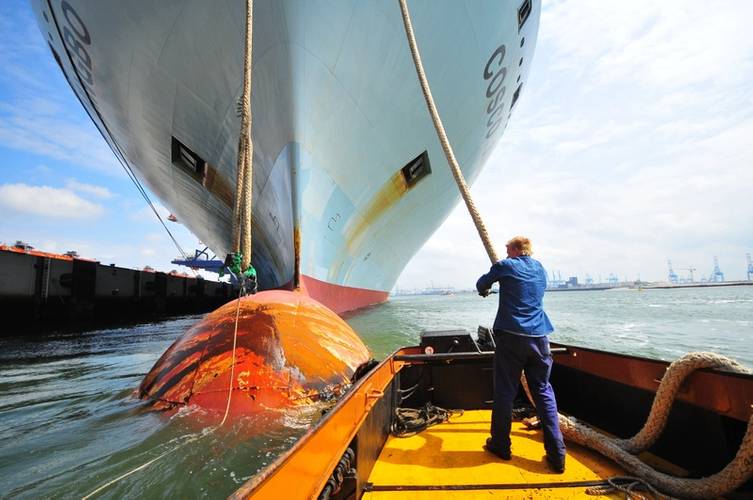It’s been widely reported over recent years that the maritime industry is facing a workforce crisis. A lack of newly trained candidates to fill the gaps caused by retirement of an aging workforce, now compounded even further by the oil price crash, means marine companies are beginning to feel the pressure of staff shortages. The U.K. Department for Transport (DFT) predicts a shortfall of around 3,500 deck and engineering officers by 2021 in the U.K. alone, and the BIMCO / ICS Manpower Report predicts the global shortfall of 147,500 officers by 2025.
The maritime industry used to be popular as a way to see the world while working, but increased societal and global mobility means that it’s simple to travel for leisure rather from work, and globalization means that opportunities to travel via work are much easier attained – even if you technically work an office job.
It’s not just seafaring personnel who are in short supply: related shore-based roles in ports, engineering and development are similarly affected, partly because experienced shore-based positions depend on a supply of ex-seafarers, of whom there are now fewer as they are having to plug the skills gap themselves. A U.K. government report in 2011 predicted that the shortage of 1,100 ex seafarers would to rise to 1,600 by 2021.
This shortage of personnel is caused by a wide number of factors, including:
- A lack of awareness in the general population where regards seafarers: both in terms of the maritime industry as a viable career option, and also the invaluable contribution seafarers actually make to most of the world’s countries – with 90 percent of the world’s trade actually moved by sea, according to Guy Platten, CEO of the U.K. Chamber of Shipping.
- Where once upon a time a maritime career would be lauded as a great opportunity to travel, these opportunities are now more widely available in other industries.
- And the extended periods of time away from home, not to mention seven day working weeks when most of the U.K.’s workforce now works within the service economy, can seem fairly daunting to would-be seafarers.
- Intermittent internet access on board vessels is unappealing to younger people for obvious reasons – this is something the maritime industry is very aware of, with the International Maritime Organization (IMO) symposium on World Maritime Day 2015 addressing the issue as essential top both recruitment and retention of seafarers.
To combat this, there have been a number of initiatives introduced around the world intending to attract fresh blood into the industry, with the IMO launching the Go to Sea! Campaign back in 2008 in an attempt to bring seafaring as a career more to media attention and consequently into the public domain. The IMO also ran the Year of the Seafarer in 2010.
Many similar organizations and campaigns have been set up – the U.K. alone has seen the advent of the Maritime Skills Alliance, Careers and Sea, charity Seafarers U.K. (which runs the yearly Seafarers Awareness Week) and Subsea U.K., all with the purpose to educate younger people about the maritime opportunities available to them and the benefits a career at sea can bring.
Some ports world have taken the initiative to partner up with training colleges and universities, for example the Port of Los Angeles partners with California State Dominguez Hills, offering vocational logistics programs enabling the port to compete effectively and build the next generation of employees. This is a great way both to offer work-based training with sought after skills and better job prospects at the end of the course – offering benefits to the port, the university and most importantly the students themselves. Similarly some schools are now offering maritime courses for younger people, such as the London Nautical School which offers qualifications as a taster to maritime college.
The U.K. government has taken steps to redress the skills shortage, not just for the maritime industry but across many trades – introducing a mandatory apprenticeship levy offering 0.5 percent tax on all companies with a wage bill over £3 million as an alternative to university, which will begin in 2017.
We believe an emphasis on the great degree of responsibility and the fantastic earning potential for a career that can start at such an early age should be made by the industry at large, as well as careers services. Seafaring can be a career for the rest of a person’s life – their qualifications are recognized globally and there are also plenty of onshore opportunities available if the time comes where the seafarer feels they cannot spend so much time away from family and friends.
The Author
Daniel Ward, Freelance and Marine Director at Worldwide Recruitment Solutions (WRS)
















